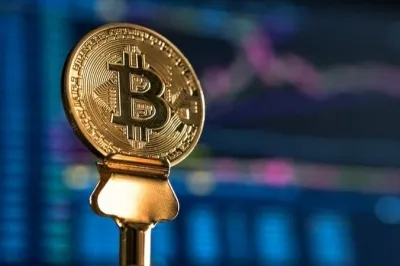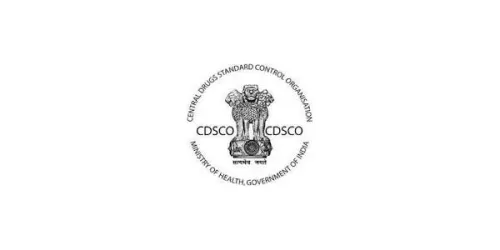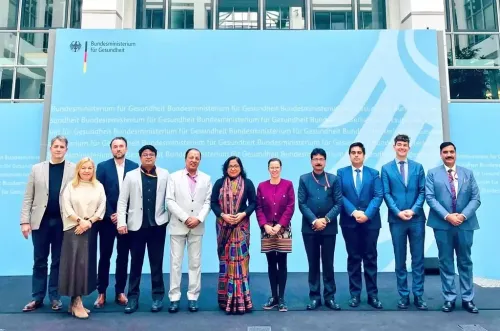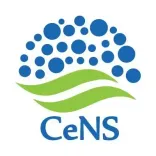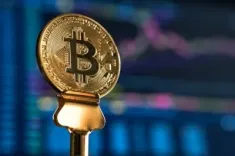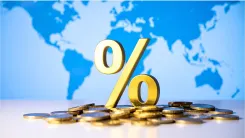Can India-Qatar bilateral trade exceed $28 billion by 2030?
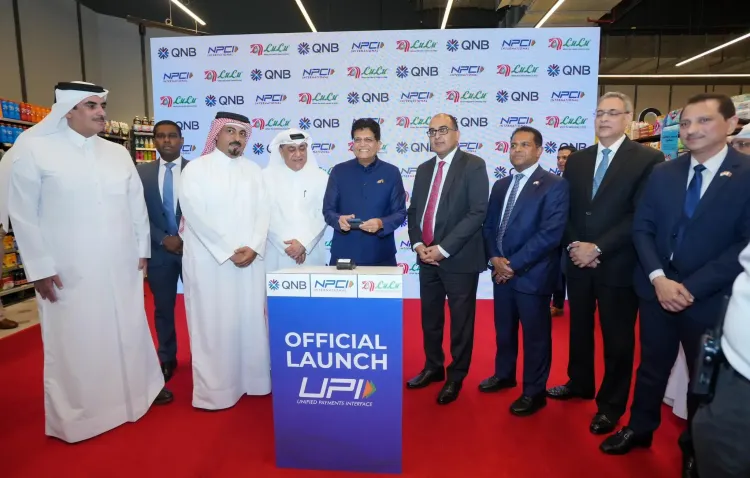
Synopsis
Key Takeaways
- Bilateral trade between India and Qatar is currently around $14 billion.
- There is potential to double this figure by 2030.
- Focus sectors include electronics, automobiles, and pharmaceuticals.
- The first Joint Business Council meeting has fostered stronger ties.
- Launch of UPI enhances digital transaction capabilities.
New Delhi, Oct 7 (NationPress) The bilateral trade between India and Qatar, currently valued at approximately $14 billion, has the potential to be doubled by 2030. This growth is anticipated thanks to a renewed focus on lucrative sectors such as electronics, automobiles, pharmaceuticals, processed food, textiles, gems and jewellery, IT, and emerging high-tech industries, including solar energy, as stated by Commerce Minister Piyush Goyal.
Goyal also emphasized the significance of enhanced business interactions, noting the success of the inaugural face-to-face Joint Business Council meeting in strengthening economic ties.
Co-chairing the Qatar–India Joint Commission on Economic and Commercial Cooperation with H.E. Sheikh Faisal bin Thani bin Faisal Al Thani, Qatar's Minister of Commerce and Industry, Goyal's agenda centered on fortifying bilateral trade and investment links. The discussions tackled existing trade barriers and non-tariff obstacles while unveiling new opportunities for increased economic collaboration across vital sectors.
Both countries reaffirmed their shared dedication to pursuing an ambitious India-Qatar Comprehensive Economic Partnership Agreement. Goyal acknowledged Qatar’s energy exports, particularly the long-term LNG supply agreement for 7.5 million tonnes per year starting in 2028, and stressed the necessity to enhance India’s exports to Qatar.
A bilateral meeting involving commerce and industry ministers from both nations took place, reviewing the general trade and economic relationship, addressing current trade barriers, and seeking new areas for cooperation in sectors like finance, agriculture, and healthcare.
The ministers then participated in the India–Qatar Joint Business Council (JBC) meeting, which attracted senior representatives from FICCI, CII, ASSOCHAM, and the Qatar Chamber, alongside members of the business community from both nations.
Despite global economic challenges and supply chain disruptions, Goyal highlighted that India continues to showcase strong macroeconomic stability, fostering a robust start-up ecosystem that creates a conducive environment for global businesses. He encouraged Indian and Qatari enterprises to explore broader opportunities.
On the sidelines of the Joint Commission, Goyal engaged in several high-level business meetings with senior Qatari officials and corporate leaders. These discussions served as a platform to explore avenues for enhanced investment flows, technology partnerships, and joint ventures between Indian and Qatari businesses.
Additionally, he took part in the launch of the Unified Payments Interface (UPI) at Lulu Mall, The Pearl Island, marking a pivotal moment in India’s digital partnership with Qatar. This initiative facilitates seamless digital transactions for both the Indian diaspora and local consumers.
“Proud to launch Bharat's own #UPI at Lulu Hypermarket in Doha, Qatar. This launch will transform digital connectivity and simplify payments, showcasing India's commitment to enhancing cross-border commerce while leveraging 'Digital India' initiatives. With operational capabilities at Qatar National Bank POSs, this initiative is set to benefit Indian travelers and further promote trade and tourism between both nations,” Goyal remarked.

